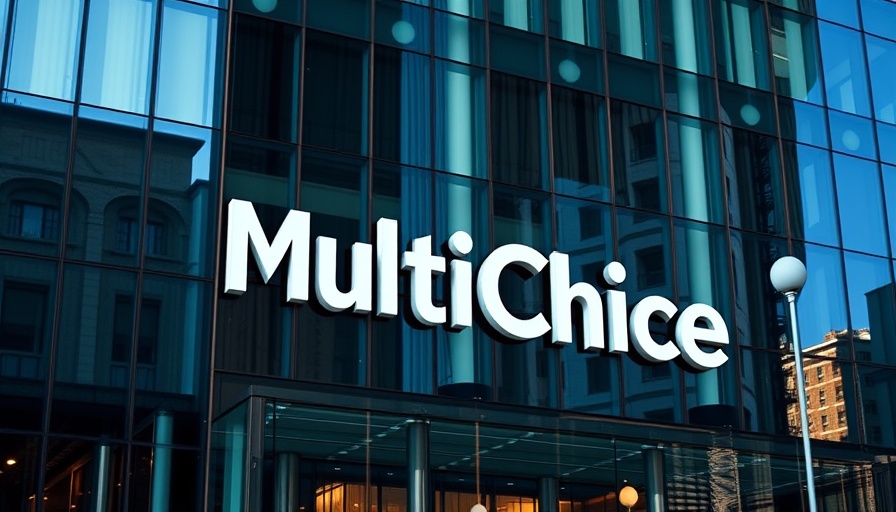
The Impact of Subscriber Losses on MultiChoice
MultiChoice Group, a major player in the African pay-TV market, recently announced a notable loss of 1.2 million subscribers by March 2025, with approximately half of these cancellations happening in South Africa. This represents an 8% decline compared to the previous year. The company cites the ongoing cost-of-living crisis as a significant factor, as many South African households struggle to make ends meet and have had to forgo their DStv subscriptions for the time being.
Emerging Trends in Streaming Services
While the traditional subscriber base has decreased, MultiChoice is witnessing a remarkable surge in its streaming services. The DStv Stream platform has reported a 38% increase in subscriptions and a staggering 48% rise in revenue. In contrast to traditional media consumption, this growth signals a shifting landscape where audiences are increasingly gravitating toward flexible and cost-efficient streaming options.
Exploring the Financial Dynamics
Despite a reduction in subscription services, MultiChoice is finding success in other revenue streams. Their internet service has grown by 45%, while revenues for the DStv Internet service have surged by 85%. This pivot toward bundled streaming and internet services illustrates how technology companies are adapting to the demands of the digital age.
Cost Adjustments and Market Pressures
In an effort to counterbalance these declines, MultiChoice raised prices by an average of 5.7%. Nevertheless, this price hike was insufficient to boost overall subscription revenues, which still fell by 3% year-on-year. This highlights a challenging market dynamic where increased rates may deter consumers already facing financial pressure, showcasing the delicate balance between profitability and consumer retention.
Future Opportunities Amid Challenges
Looking ahead, MultiChoice is in the midst of a significant transition, as it explores a sale to Groupe Canal+ for their operations. This strategic move points to a future focused on collaborative growth and potential innovation, particularly in integrating advanced technologies like AI in Africa and blockchain into their service offerings. Technology is rapidly altering the way businesses operate and connect with consumers, presenting opportunities for those who can navigate these volatile waters effectively.
Amidst these challenges, the company has returned to profitability, marking a notable net profit of R1.8 billion (over $100 million). This rebound was primarily driven by necessary cost-saving strategies and the divestment of its insurance business to Sanlam, which provided a significant financial cushion.
Engaging With the Future of Digital Transformation
The evolving landscape of MultiChoice serves as a case study for the broader shifts in Africa's digital transformation journey. As technology enablers like fintech and AI reshape the market, startups and entrepreneurs must remain agile, leveraging insights from established firms to drive innovation in their own sectors.
Understanding these trends is critical for stakeholders in Africa’s tech ecosystem. Now is the time for entrepreneurs and investors to engage with the opportunities arising from consumer shifts toward digital services.
 Add Row
Add Row  Add
Add 


Write A Comment